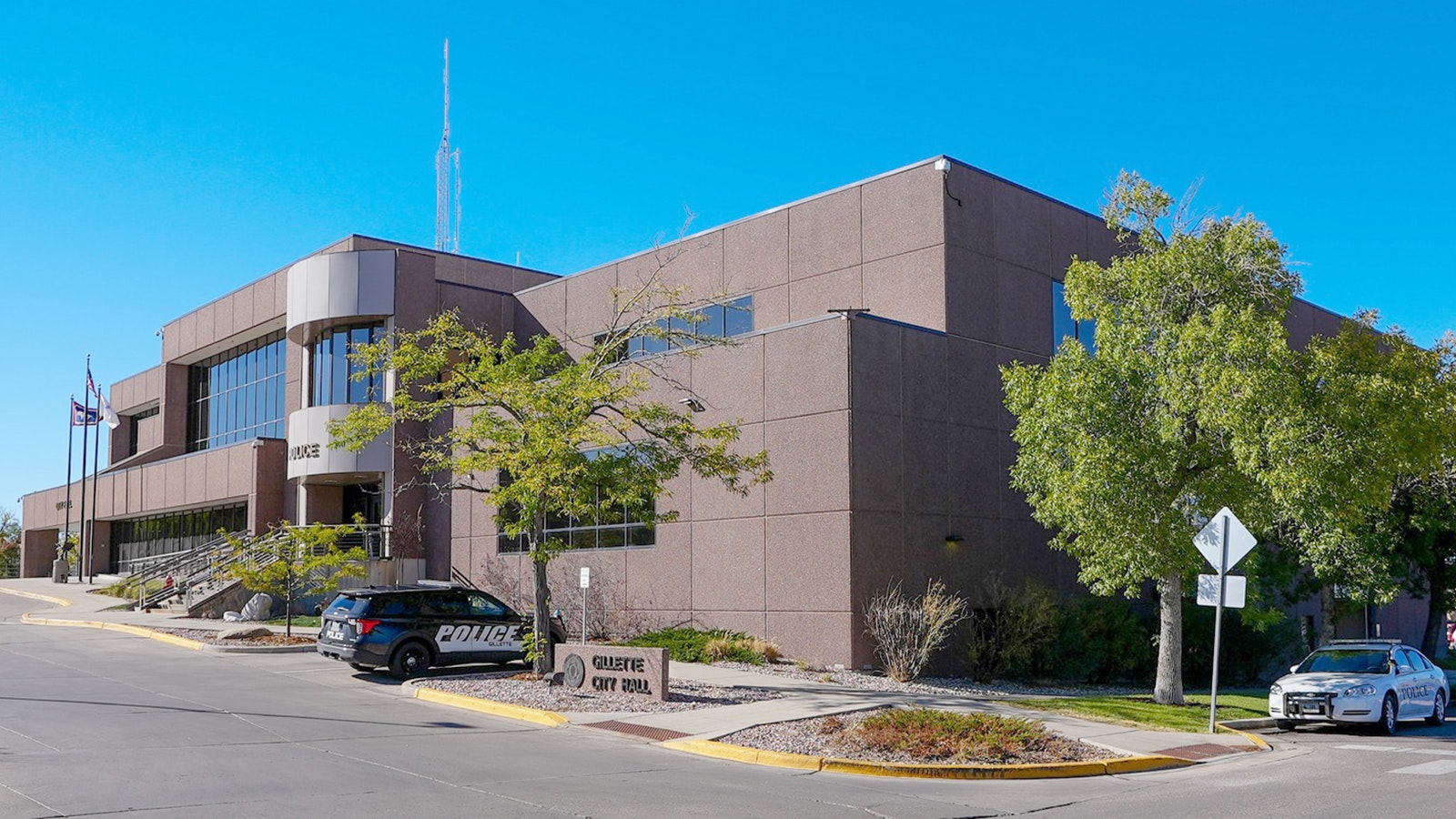A Gillette man who filed a $24 million lawsuit against the city and mayor for not letting him give enough atheistic invocations at city meetings has lost his appeal to the Wyoming Supreme Court.
Bruce Williams sued Gillette Mayor Shay Lundvall last spring on claims city leaders wouldn’t let him deliver a proportion of invocations before council meetings matching the proportion of Wyoming atheists.
Williams gave one invocation per year for at least nine years. In three of those years, some Gillette City Council members walked out during his invocation, court documents say.
Williams also alleged the city council required him to cite the Pledge of Allegiance at the meetings. He asked a district court judge to block the city’s recitation of the pledge until Congress removes the words “under God” from it.
District Court Judge Stuart S. Healy III dismissed Williams’ lawsuit, saying the city and mayor have sovereign immunity from being sued – barring certain exceptions – but that Williams didn’t show any of the known exceptions when he filed his complaint.
The Wyoming Supreme Court agreed.
“We acknowledge Mr. Williams’s efforts to convince us to allow his complaint to proceed,” wrote the high court in a Friday opinion upholding the dismissal, penned by Justice Lynne Boomgaarden. “However, ‘(the) decision of whether to waive immunity for a governmental entity … belongs to the Wyoming Legislature, not this Court.’”
How You Can Sue The Government
Wyoming’s Constitution says the state and its subdivisions are immune from lawsuits except as the Legislature authorizes them.
For example, the Legislature can waive its sovereign immunity in certain areas, if lawmakers find it important to let residents sue on those grounds.
The Legislature and courts “wrestled” with the contours of state immunities for almost a century, says the high court’s order. But in 1979, the Legislature enacted the Wyoming Governmental Claims Act, which offers specific modes and occasions on which people can sue the government.
Williams had alleged that Gillette city officials violated his constitutional rights and therefore fell outside the “official duties” scope the Wyoming Governmental Claims Act restricts.
The Wyoming Supreme Court disagreed, saying the mayor and other officials were acting in their official capacities as they attended council meetings and limited the quantity of Williams’ invocations.
So, the Wyoming Governmental Claims Act applies to Williams’ lawsuit, and he did not satisfy it, says the order.
Civil Rights
The Wyoming Governmental Claims Act authorizes contract and “tort” lawsuits against the government. But it’s not a tool for launching civil rights claims, says the order.
The proper law on which to base civil rights claims, or constitutional wrongs, is a 150-year-old federal law, rather: 42 USC 1983.
“Mr. Williams recognized 1983 as a vehicle for relief in his appellate briefing, but he did not seek relief through that statute in his complaint,” the order says.
The high court’s order doesn’t contemplate whether Williams has a chance of winning a lawsuit by filing a 1983 case in federal court. It merely shuts down his state lawsuit for being based on the wrong law.
Williams had argued in earlier court documents that preceding case law should have allowed him a right of action against Gillette.
Clair McFarland can be reached at clair@cowboystatedaily.com.





